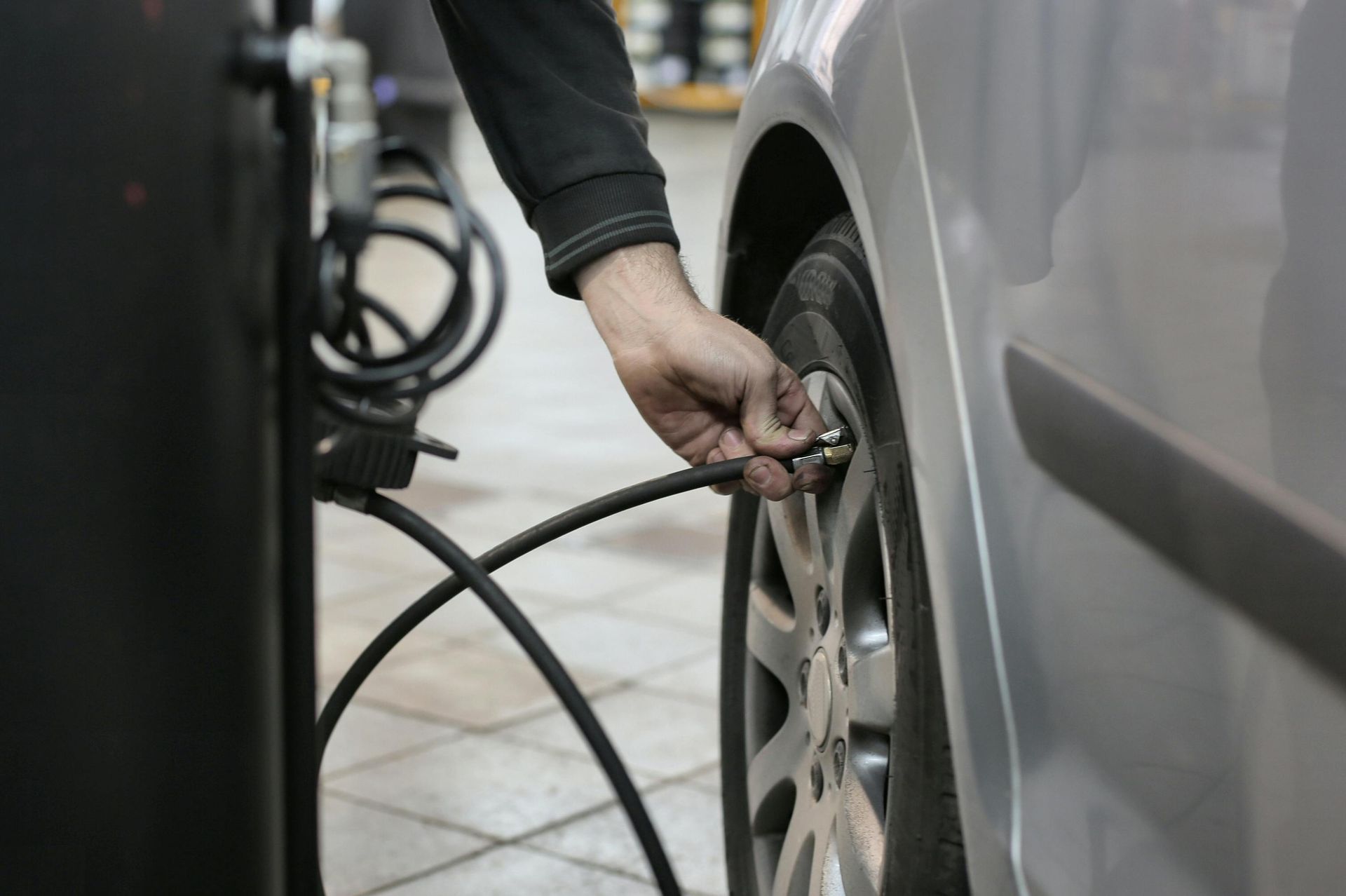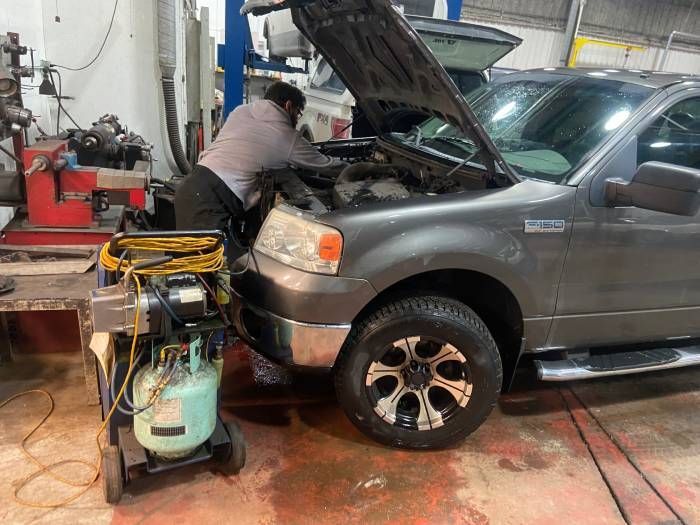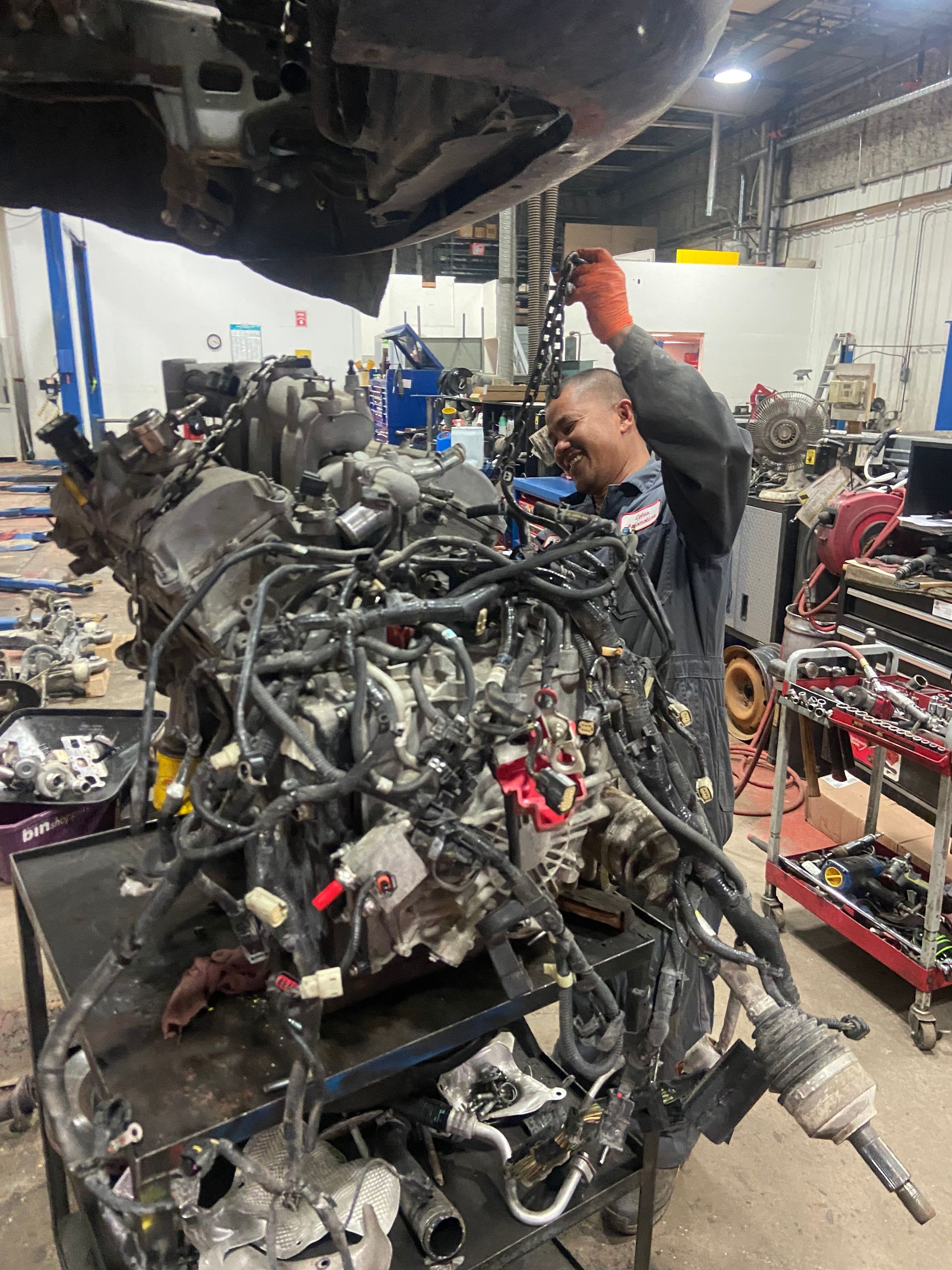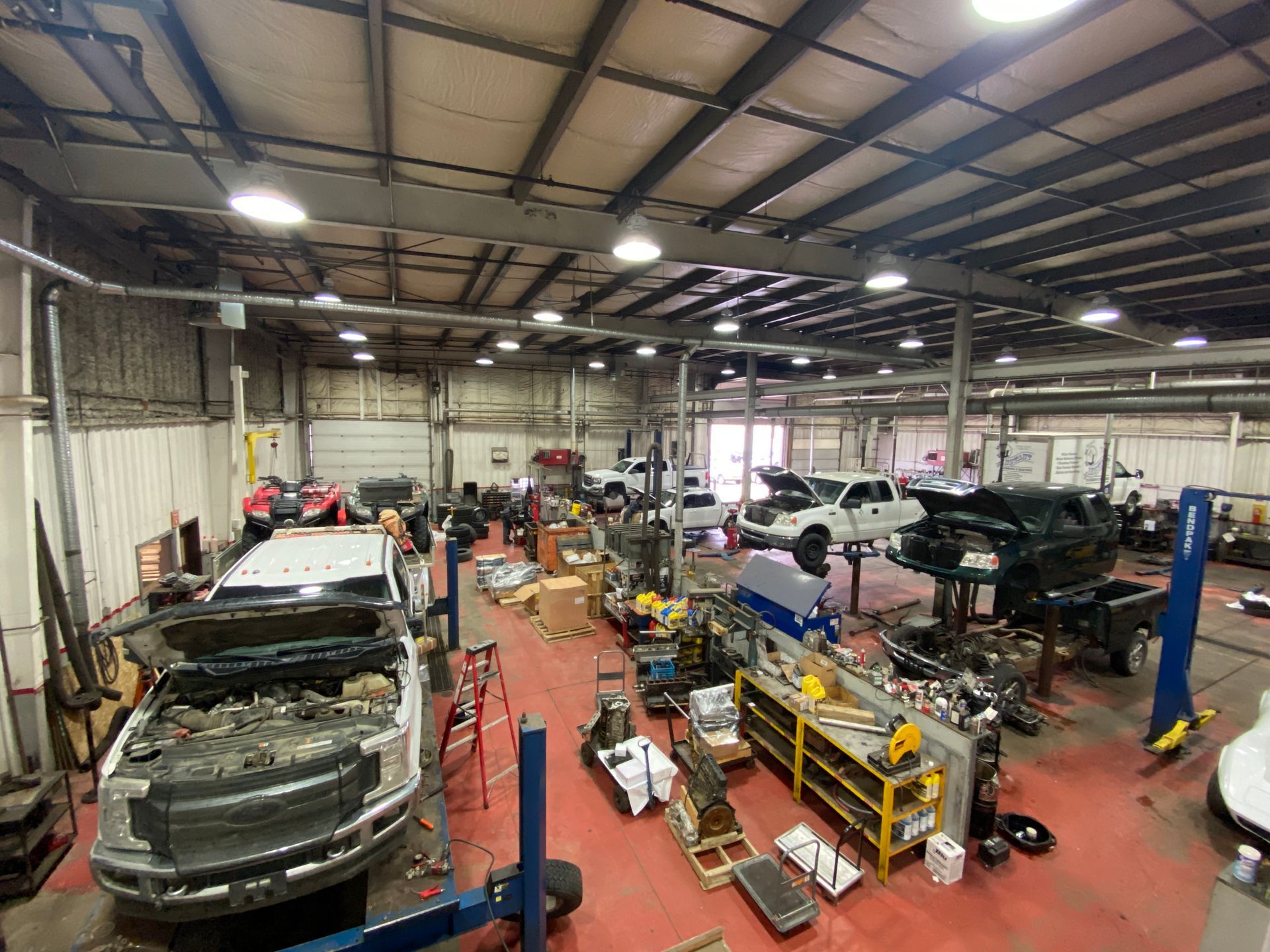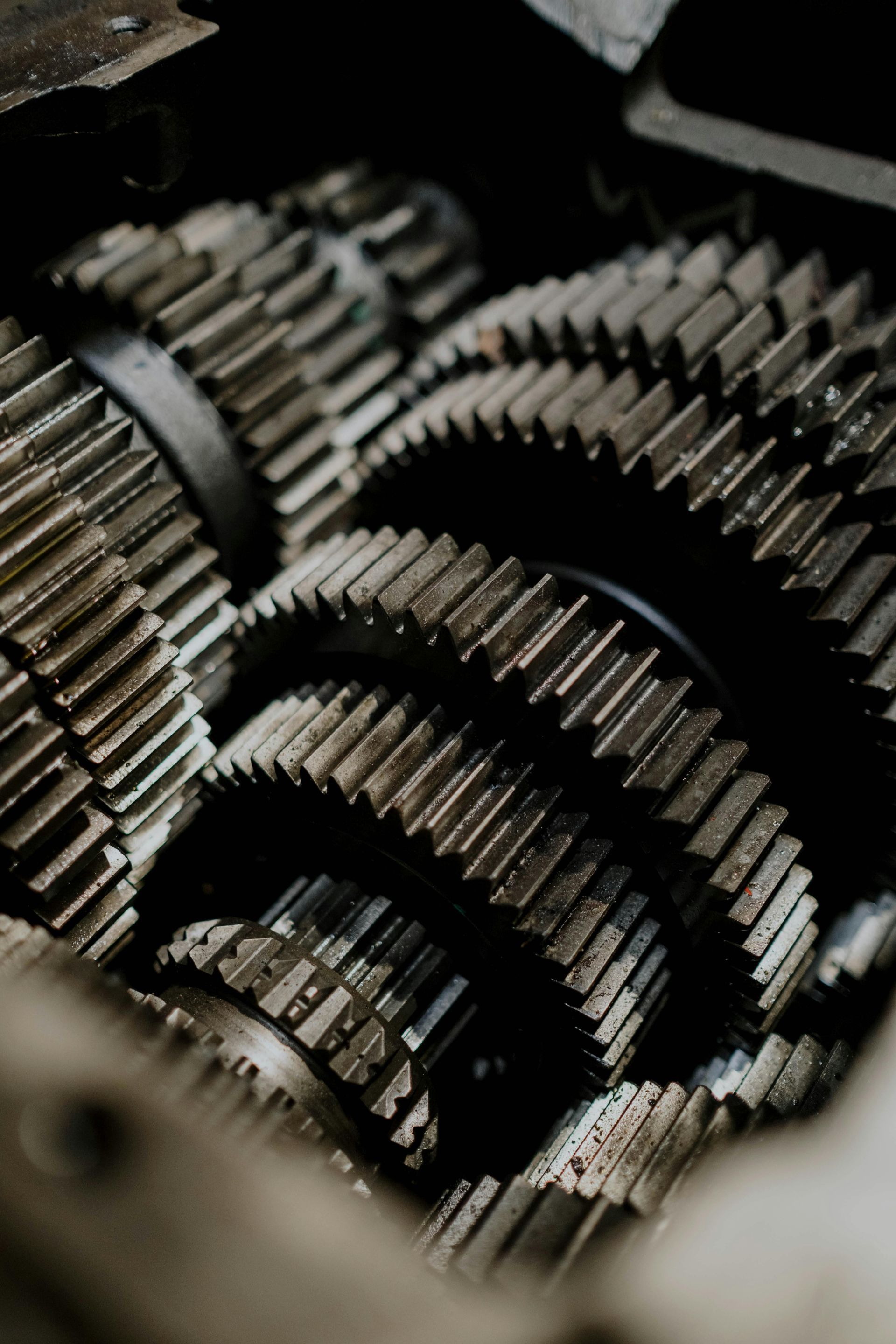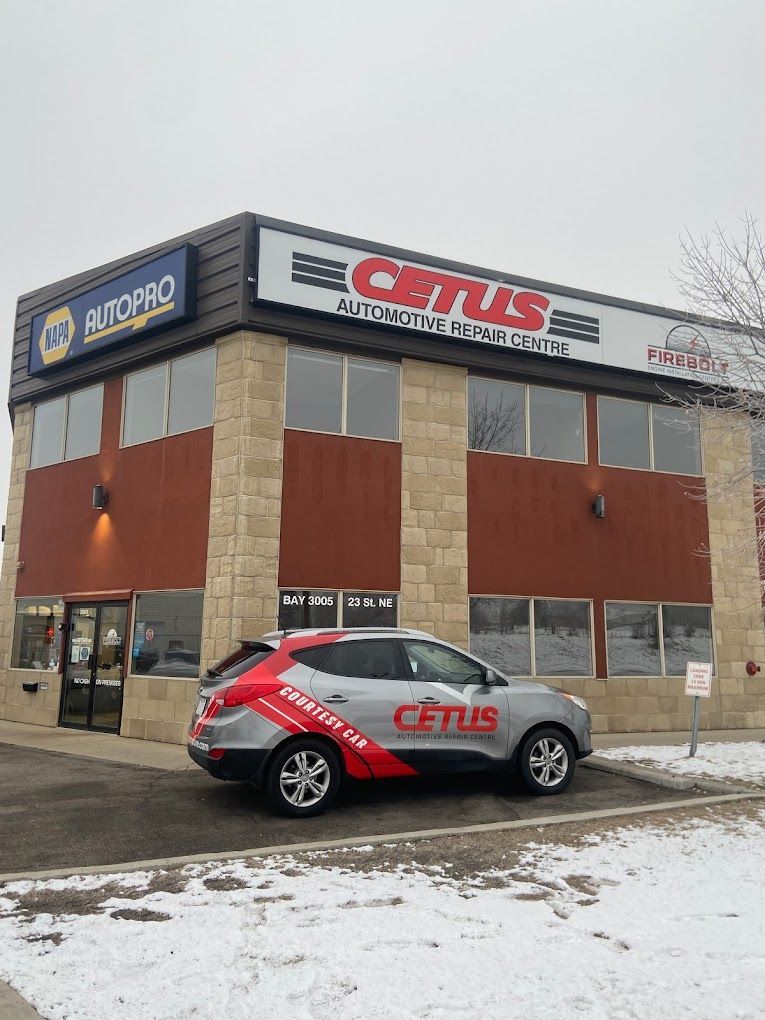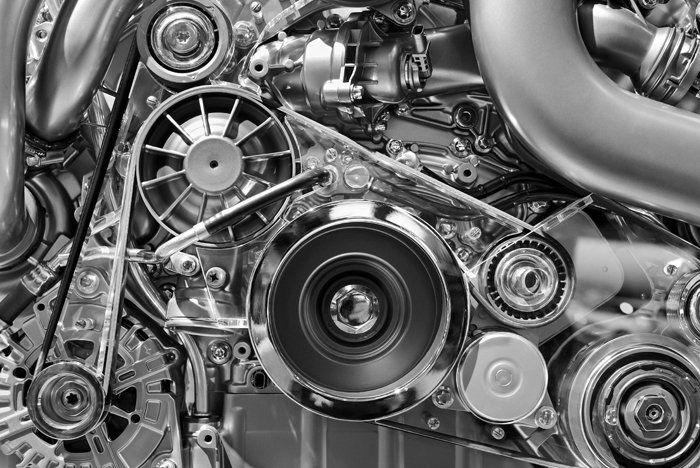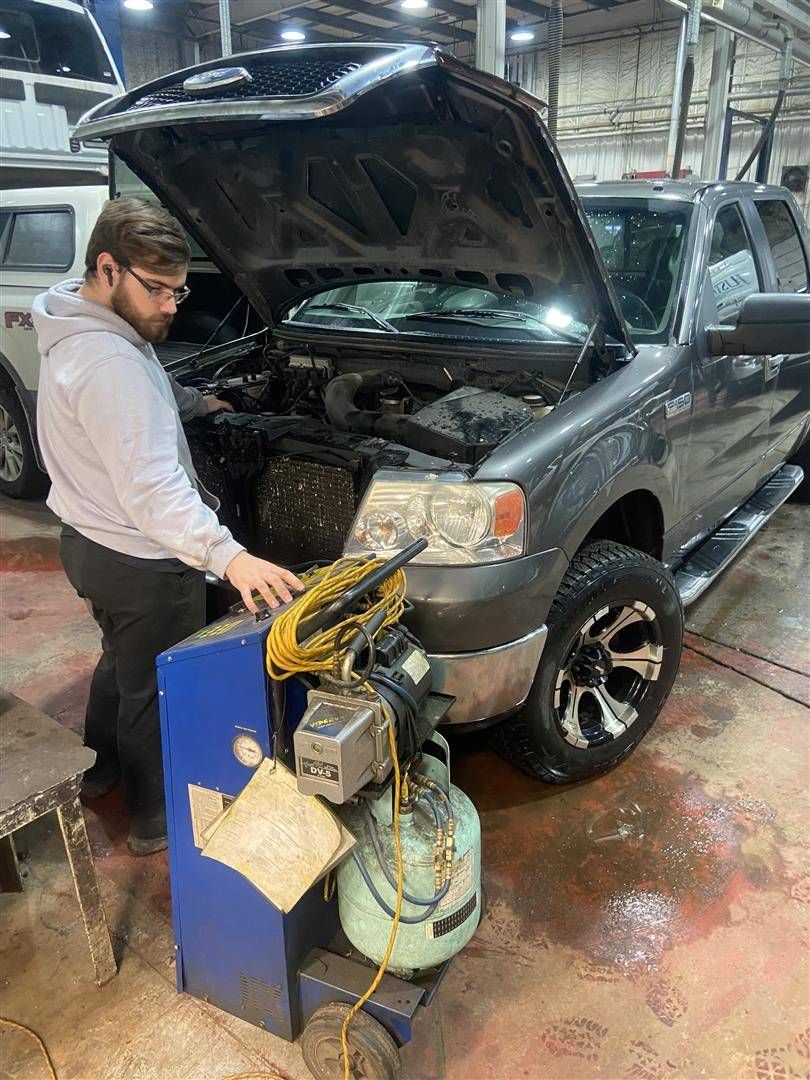An ounce of prevention is worth a pound of cure.' This old saying holds true especially when your car's Check Engine light comes on. It's your vehicle's way of telling you something's not quite right. While it's not a red alert, you shouldn't turn a blind eye.
This light could indicate anything from a minor issue like a loose gas cap, to a major engine problem. Ignoring it could lead to more serious issues down the line.
In this guide, we'll help you understand what steps to take when that little light glows, including common causes, immediate actions, and when it's time to call in the pros.
Understanding Your Check Engine Light
In spite of its ominous appearance, your check engine light isn't a cause for panic, but it's an important signal you shouldn't ignore.
This little light is your car's way of telling you something's not quite right. It could be a minor issue like a loose gas cap, or it could indicate a more serious problem like a malfunctioning catalytic converter.
It's tied to your car's onboard diagnostics system, which constantly checks and monitors your vehicle's performance. When it detects a problem that could affect your car's emissions or performance, it triggers the check engine light.
Ignoring it could lead to more serious damage and costly repairs. Therefore, it's in your best interest to have it checked out by a professional as soon as possible.
Common Causes of Engine Light Activation
When your engine light comes on, it's often due to common issues such as a loose gas cap, faulty spark plug, or a malfunctioning catalytic converter. Don't panic, but don't ignore it either. Your vehicle's onboard computer system has detected a problem that needs your attention.
Let's delve deeper into these three common causes:
1. **Loose Gas Cap**: Your vehicle's system checks for vapor leaks. A loose cap might give a false alert.
2. **Faulty Spark Plug**: If your spark plug isn't working correctly, it can cause your engine light to come on. Regular maintenance can prevent this.
3. **Malfunctioning Catalytic Converter**: This vital component reduces exhaust gases. When it fails, your fuel efficiency drops and your vehicle may run at a higher temperature.
Understanding these causes can help you address the issue promptly and prevent further damage.
Immediate Actions to Take
As soon as your check engine light comes on, it's crucial that you don't ignore it. First, ascertain if it's a steady or blinking light. A steady light typically indicates a non-emergency situation, though it still warrants attention. On the other hand, a blinking light warns of a severe condition that requires immediate action.
Next, check for obvious issues like a loose gas cap, which can trigger the check engine light. If the light remains on, reduce your speed, avoid heavy acceleration and high engine load situations like towing.
Lastly, contact a professional mechanic. They'll run a diagnostic test to identify the specific issue. Don't delay this step; driving with a check engine light can cause serious damage to your car.
Professional Diagnostic Services
Although you might be tempted to ignore it, it's crucial that you seek professional diagnostic services when your check engine light comes on.
1. Comprehensive Testing: Professional mechanics use advanced diagnostic tools to identify the exact issue triggering the light.
2. Accurate Troubleshooting: These specialists interpret the diagnostic results and determine the best course of action to fix the problem.
3. Preventive Measures: By addressing the issue immediately, you're not just fixing a problem but preventing future complications that could lead to expensive repairs or irreversible damage.
Preventive Measures for Future
To avoid seeing that check engine light in the future, you'll need to take certain preventive measures. Regular servicing is key; oil changes, fluid top-ups, and filter replacements should be done as per your vehicle's manual. Don't ignore the maintenance schedule, it's there for a reason.
Another simple but crucial step is regularly checking your gas cap. A loose or damaged cap can cause fuel to evaporate, triggering the engine light.
Be conscious of how you drive. Aggressive acceleration and late braking can put unnecessary stress on the engine.
In Calgary, all sorts of weird weather happens which means engines can act funny! If you’ve noticed a check engine light in your vehicle or want to talk to the experts, send us an e-mail at info@cetusautomotive.com or give us a call 403-235-2912.
